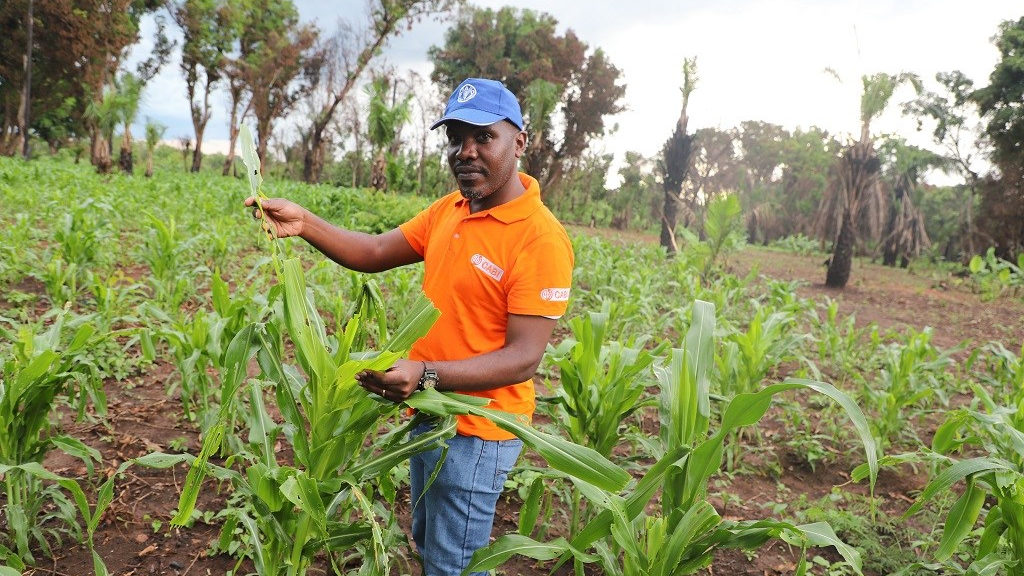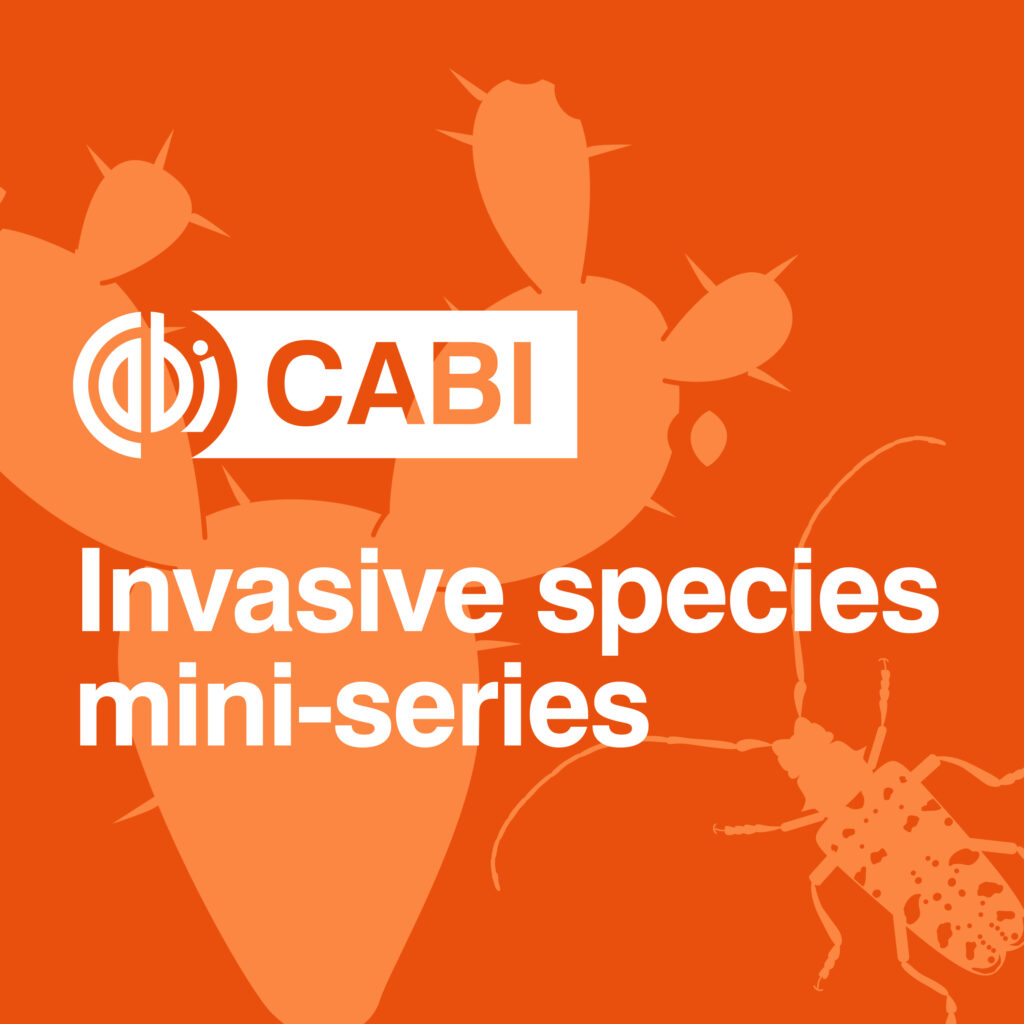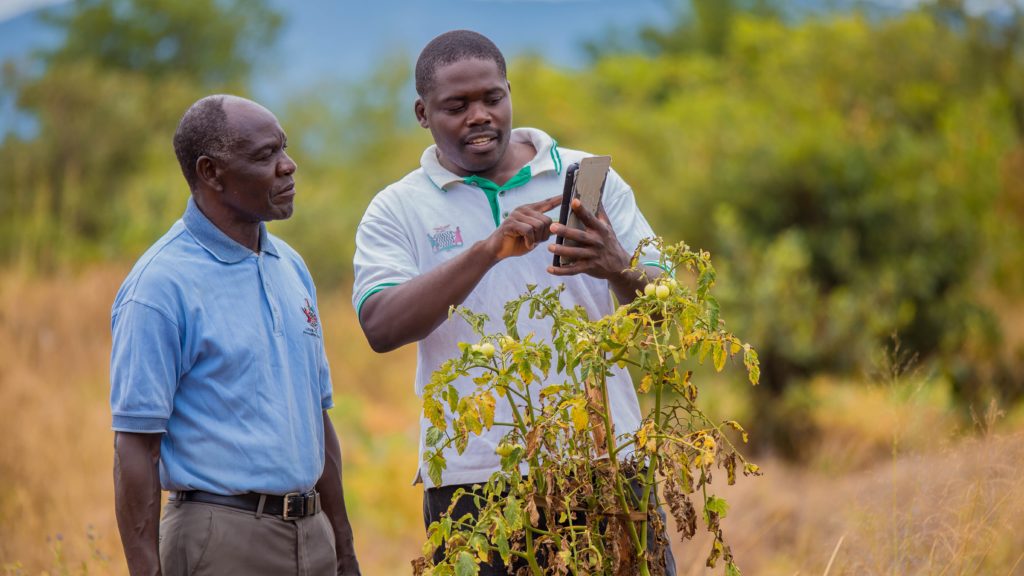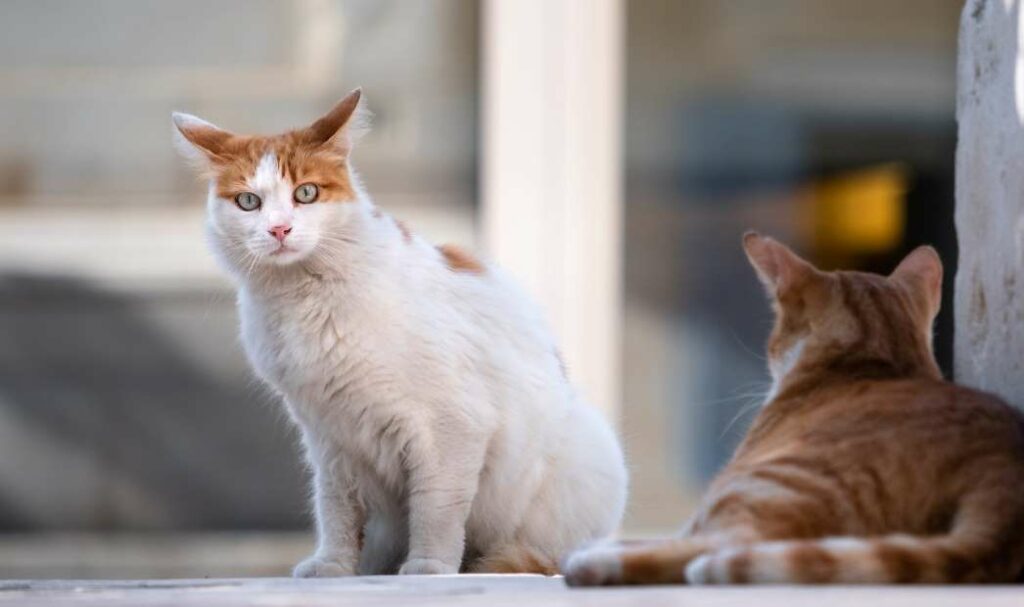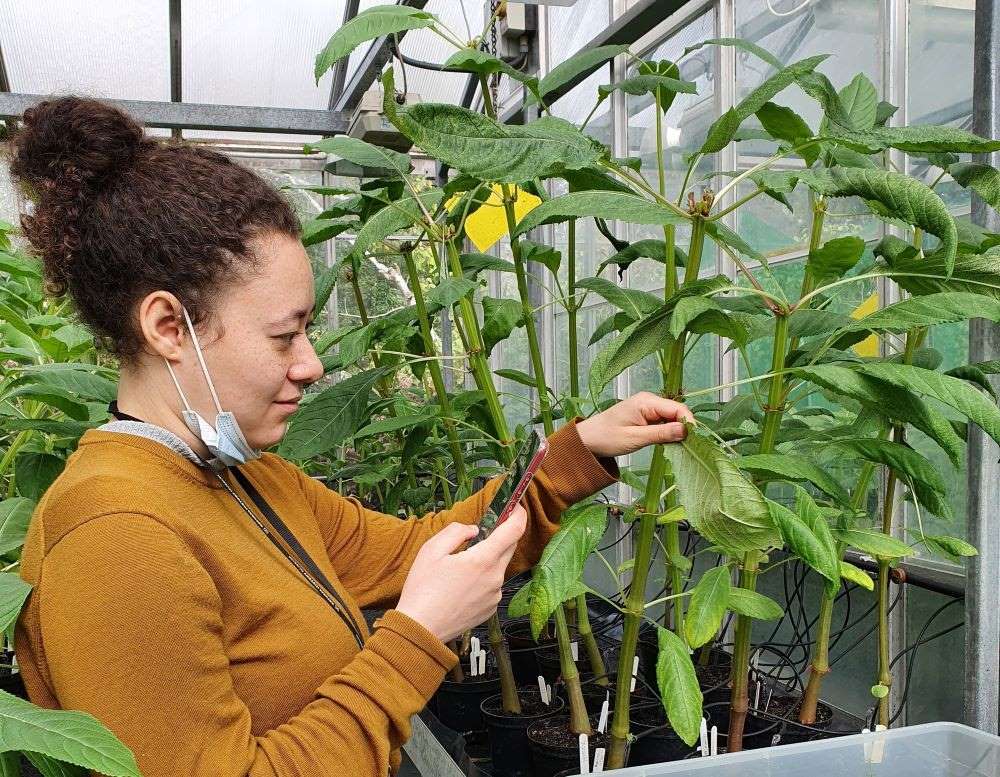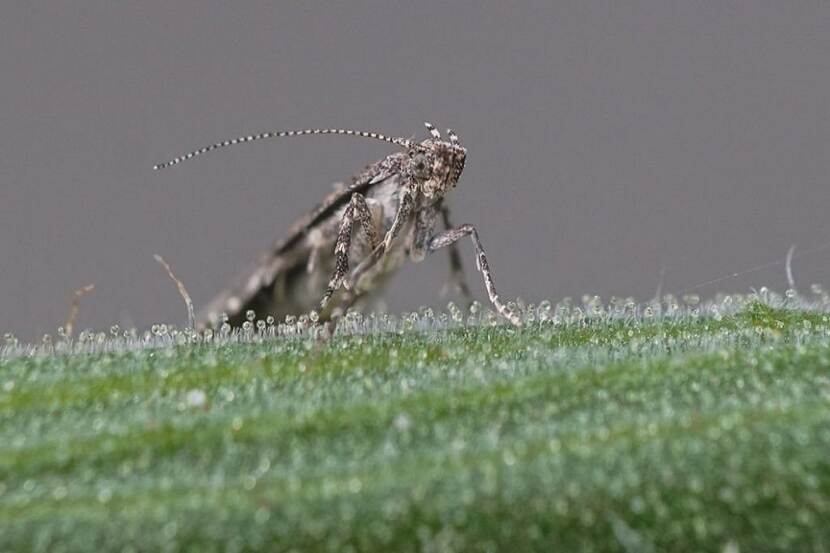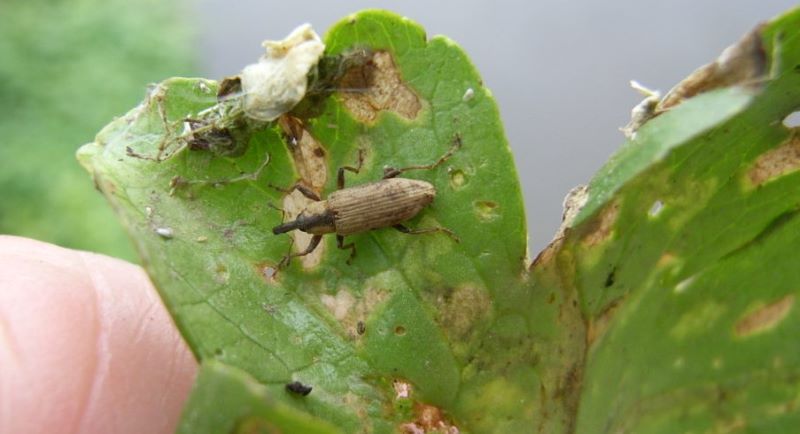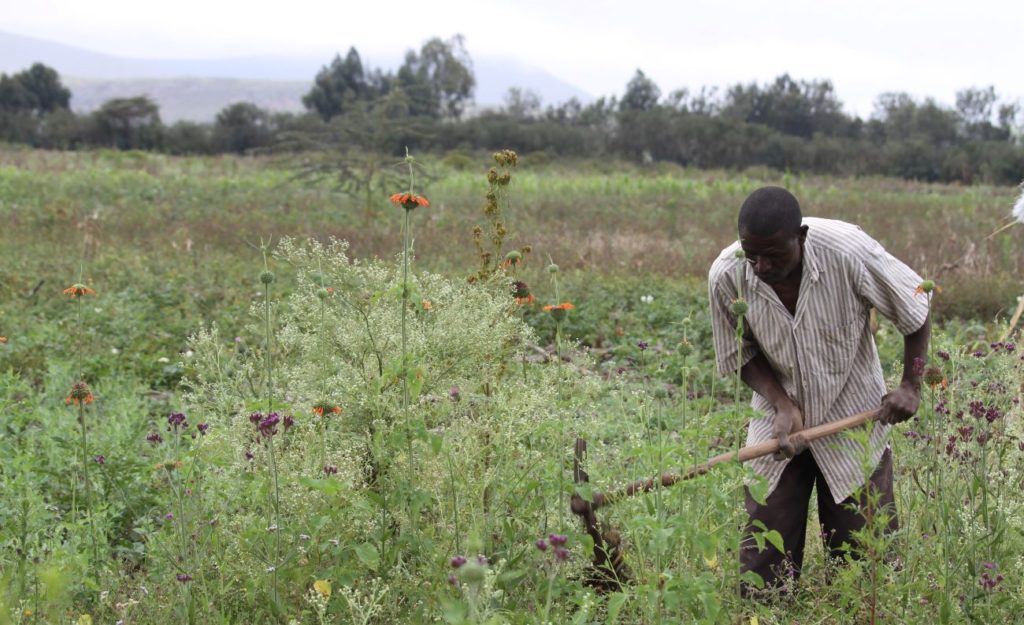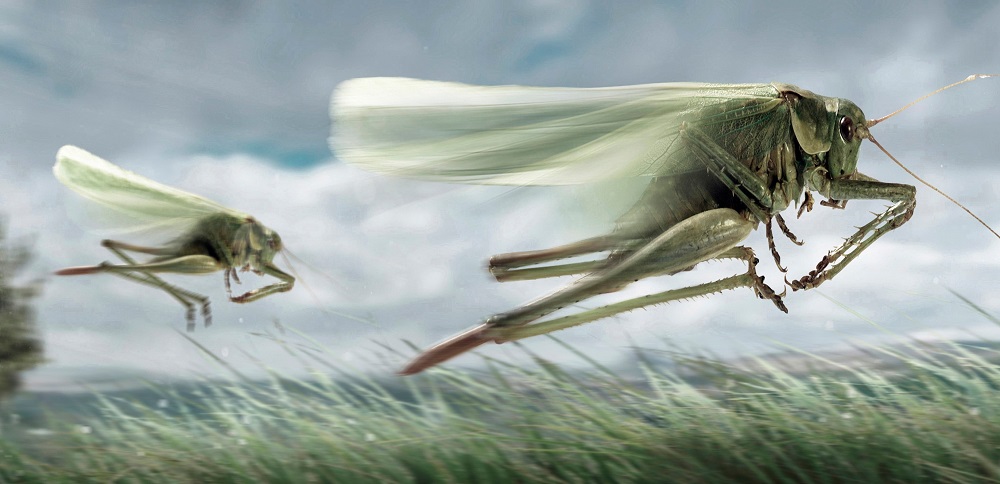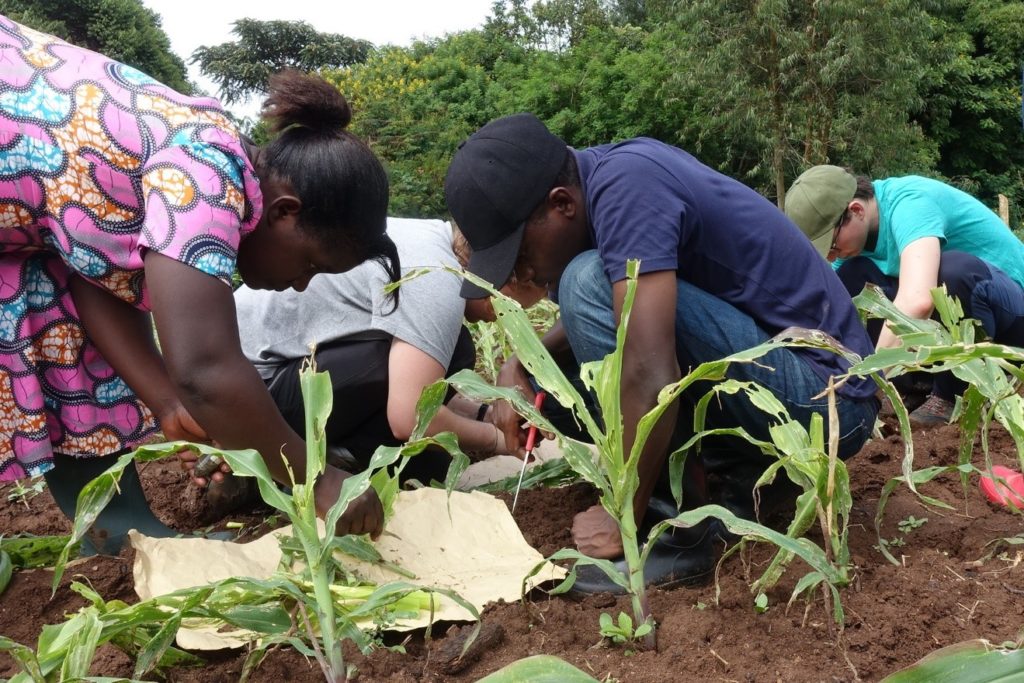CABI podcast – new series on invasive species launches
A new podcast mini-series on invasive species has been launched by CABI. Each podcast episode features CABI experts sharing their in-depth knowledge of an invasive species, including the negative economic, environmental and social impacts that they cause, and CABI’s work in helping to manage them.
CABI podcast: invasive species mini-series
Welcome to the CABI podcast. A brand-new series of four episodes dedicated to discovering more about the devastating economic, environmental and social impacts invasive species have and what we can do to manage them. Each of the four episodes focus on a different invasive species and feature CABI guest experts, who provide their scientific knowledge on the species, the harm caused by them and what CABI is doing to help try to control the species and their impacts in a safe and sustainable way.
Stepping up the fight against Tuta Absoluta in Kenya with safer and sustainable biocontrol products
Tomato is one of the most important vegetables grown by farmers in Kenya and plays an important role in generating employment and income. However, tomato production is limited by many factors, the most important of which are insect pests. Tomato farmers tend to control tomato pests with pesticide sprays, but these pose risks to the…
Insect heroes fighting invasive species
Today marks the beginning of Insect Week (21-27 June) – a week to learn more about the science and natural history of insects. We are highlighting some of the insect heroes, and villains, CABI scientists work with on a regular basis. Scientists at CABI’s Egham laboratory work with a range of insect species, from plant-parasitic…
Weeding Invasive Alien Species – Africa’s Economic Burden
Weeds wreak havoc, day after day, year after year. They degrade agricultural land, deplete water resources and destroy crops, as well as being alternative hosts for crop pests. Yet, while weeds do cause damage to crop yields, a newly published study reveals that the vast majority of the costs are due to weeding.
On Earth Day, we take a look at the sustainable control of invasive species
Today is Earth Day – a day when people around the world show their support for environmental protection. CABI’s vision is for a world in which the agricultural sector is embedded in a healthy and climate resilient landscape with clean water and air, healthy soils and functional ecosystem services, and where biodiversity is safeguarded through…
New paper aims to clarify confusion in leaf damage rating scales for fall armyworm
A trans-regional group of researchers has sought to cast light on the numerous rating scales used for assessing leaf damage caused by the highly destructive invasive maize pest, the Fall armyworm (Spodoptera frugiperda).
- « Previous
- 1
- 2
- 3

